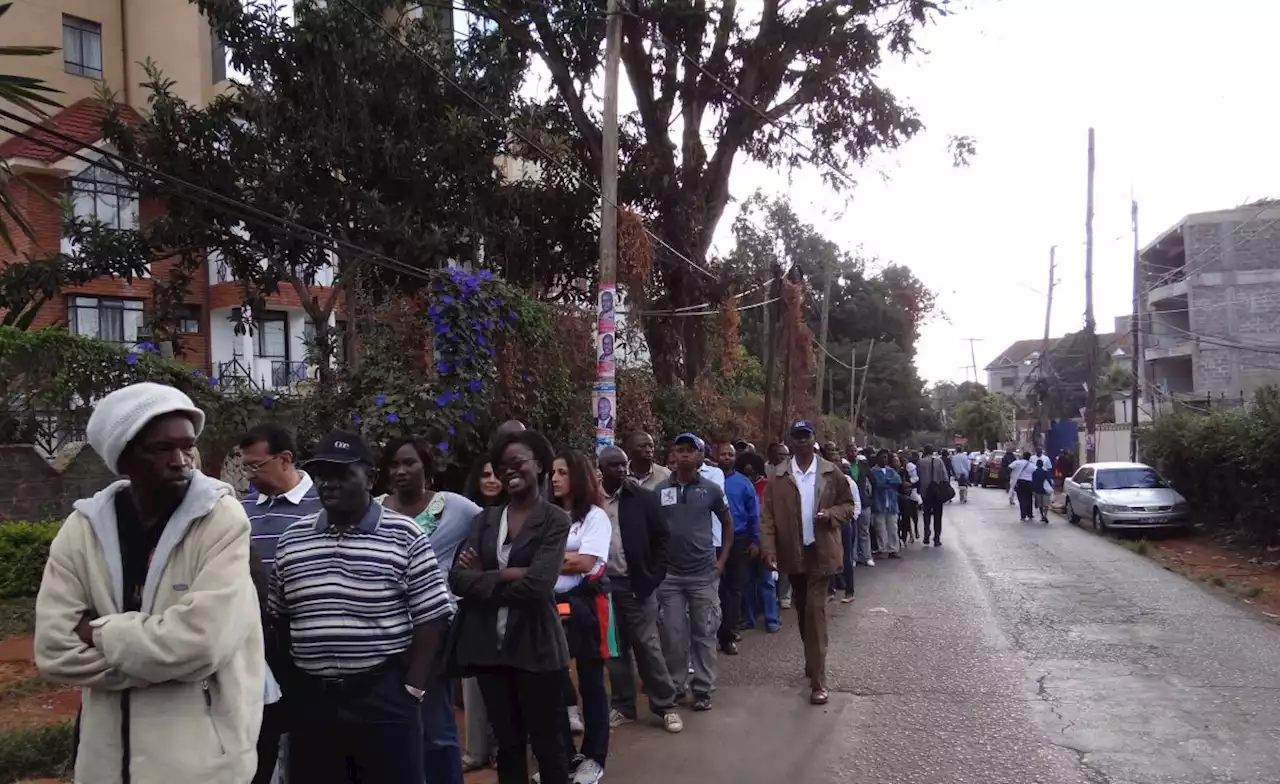Analysis - Coups attract attention and action, but the manipulation of polls is the real threat to electoral democracy.
in her country. Mouzinho is global policy advocacy and campaigns coordinator at the Global Alliance for Tax Justice.The People's Movement for the Liberation of Angola , in power since independence in 1975, was officially declared the winner. This despite losing 10% percent of the vote since 2017 and scraping home with just over 51% against the almost 44% of the opposition coalition led by the National Union for the Total Independence of Angola .
So what now? Some believe the MPLA might respond to its near defeat by tackling corruption, poor governance and poverty. Mouzinho suspected not and that it would lose even more heavily in 2027, at which point it might abandon even the pretence of democracy. The only hope for the opposition is to increase its parallel voter tabulation to make it even harder for the MPLA to claim victory.
Fayulu, still the opposition leader, suggested only Africa - particularly democratic countries like South Africa - and the wider international community could ensure the polls next year were impartial. A weighty burden rested on the United States, he said, as it had pledged US$235 million towards the elections, thereby putting its reputation on the line.
Where other opposition groups might conduct parallel voter tabulations, Museveni's forces assaulted and arrested anyone found with an election results form. 'It's very hard to imagine you can beat Museveni in an election. So we participate just to rally people,' he said. Like Fayulu, he believed the international community's intervention was Uganda's only hope.
